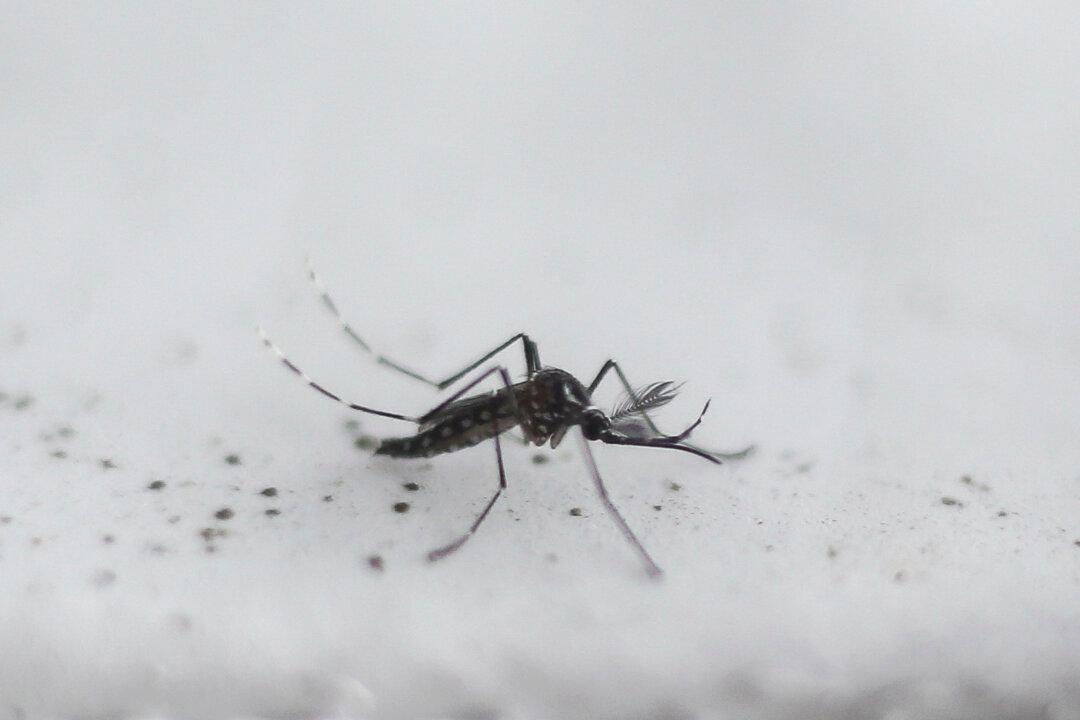Genetically modified mosquitoes have been released for the first time in the United States as part of an experiment to combat insect-borne diseases such as Dengue fever, yellow fever, and the Zika virus.
UK-based biotechnology firm Oxitec, which is funded by the Bill and Melinda Gates Foundation, said it released the mosquitoes in six locations in Monroe County’s Florida Keys: two on Cudjoe Key, one on Ramrod Key, and three on Vaca Key.





